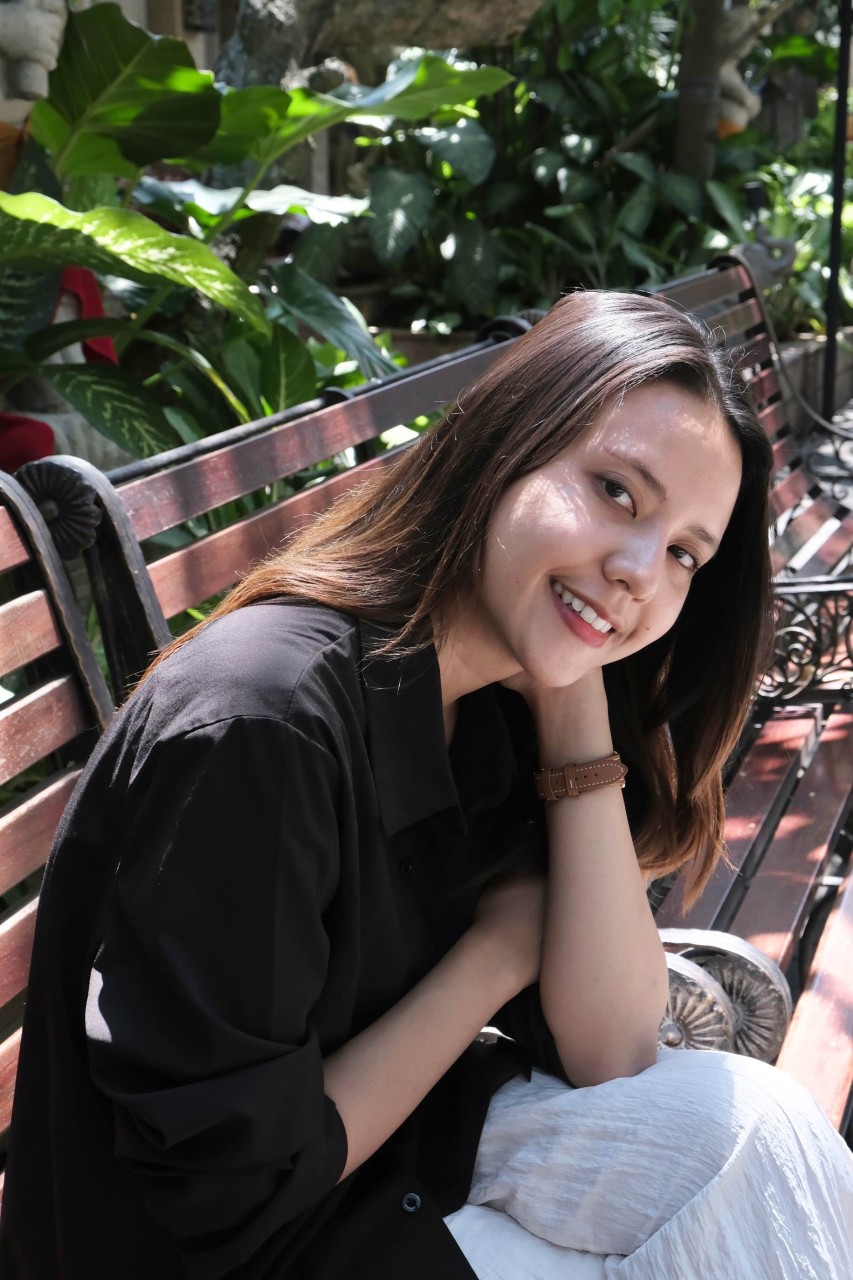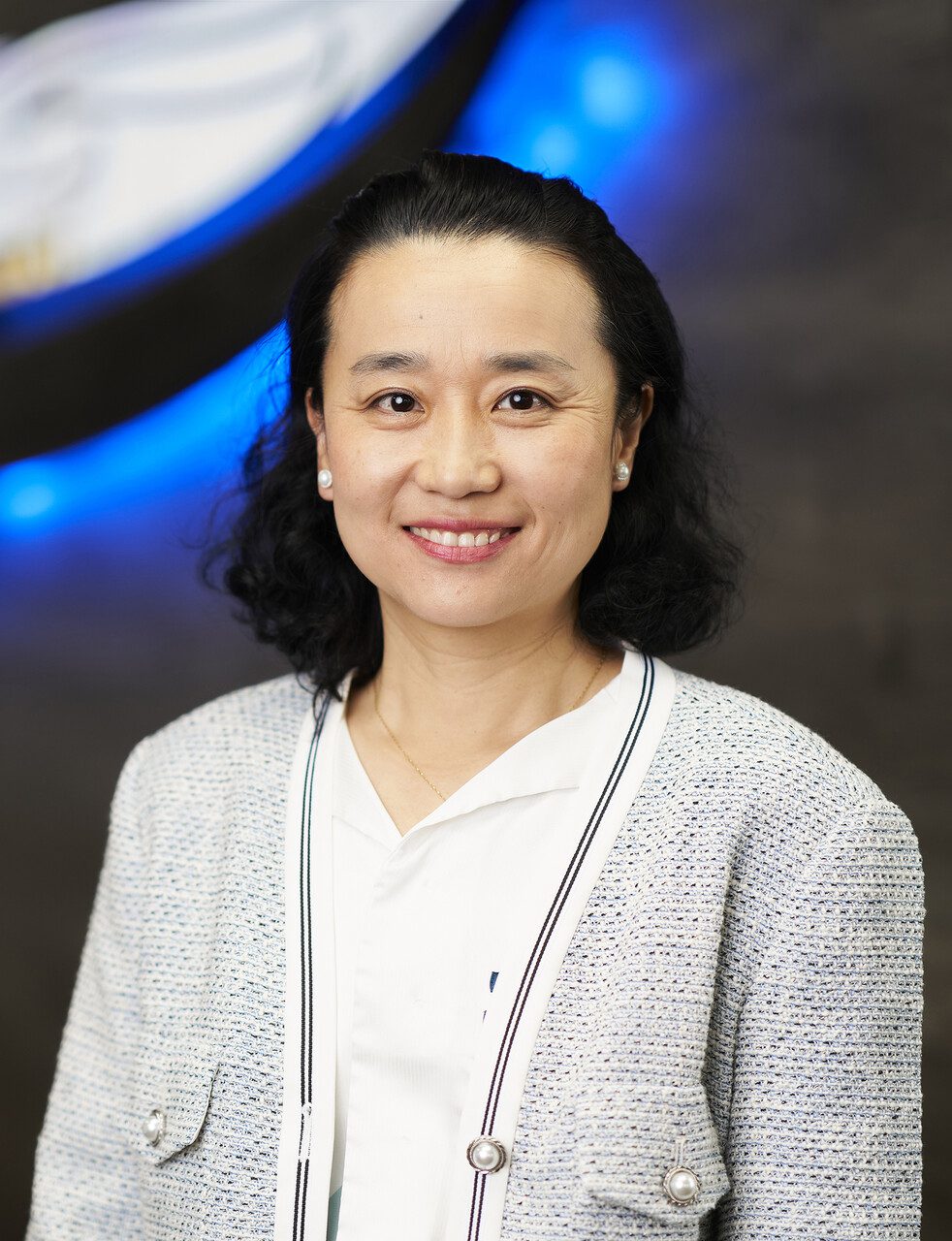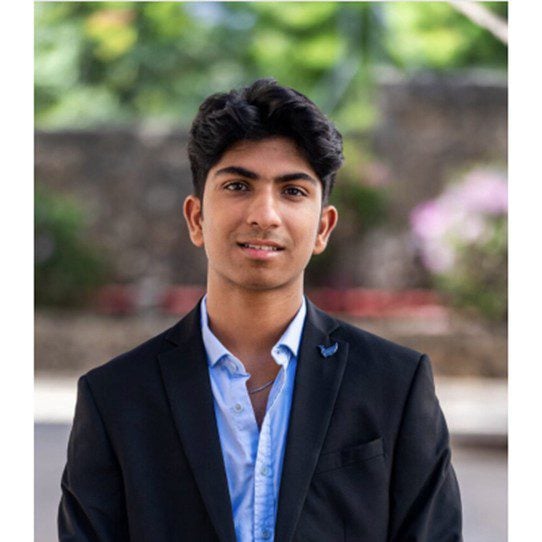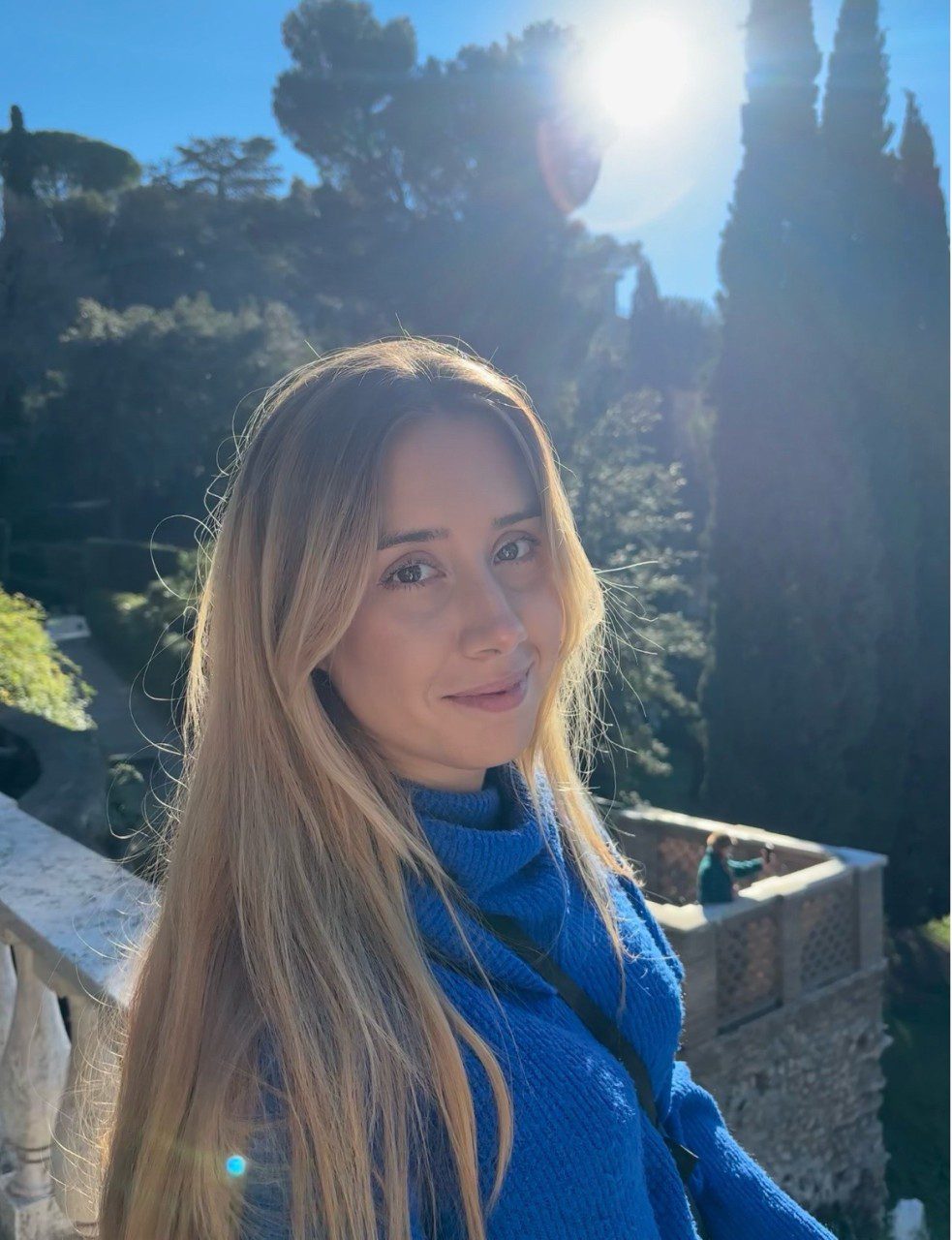Erasmus Mundus Scholarship Recipient, Dia, Shares the Story of How She Applied for the Fully Funded Award to Pursue Her MSc in Public Sector Innovation and eGovernance (PIONEER) Across Belgium, Germany, and Estonia
University: KU Leuven (Belgium); University of Münster (Germany); Tallinn University of Technology (Estonia)
Degree: MSc in Public Sector Innovation and eGovernance (PIONEER)
Previous Education: Bachelor of Business Administration – Korea University
Scholarship: Erasmus Mundus Scholarship – Fully funded
Social Media
LinkedIn: linkedin.com/in/dhiyakhairina/

The Journey
Hi, it’s nice to meet you, you can call me Dia! I’m originally from Indonesia and currently pursuing an MSc in Erasmus Mundus Public Sector Innovation and eGovernance (PIONEER), fully funded by the European Commission.
In short, my program equips students with the knowledge and skills to navigate the intersection of governance, technology, and public sector innovation. I began my studies in Leuven, Belgium, where I gained a solid foundation in public administration. In the second semester in Münster, Germany, I focused on information systems and technologies. Finally, in Tallinn, Estonia, I explored the practical dimensions of e-governance, gaining an in-depth understanding of the multifaceted relationships between governance, technological change, and society (Estonia is one of the world’s leading examples of e-nations!).
Educational Background
I graduated with a Bachelor’s degree in Business Administration from Korea University. After that, I worked for 3 years at an IT multinational company, where I supported digital transformation projects and served as a bridge between the Korean headquarters and its global branches.
Before applying to my current program, I spent about a year preparing extensively, researching the curriculum, connecting with Erasmus Mundus alumni, taking the IELTS, and crafting strong motivation letters, ensuring my application stood out.
How Did You Prepare to Apply for the Erasmus Mundus Scholarship?
I was only interested in the Erasmus Mundus program, mainly because of its mobility aspect and the opportunity to study across Europe, so I didn’t apply to any other programs. The level of competitiveness varies slightly depending on the specific Erasmus Mundus program. For example, newer programs may be less competitive because they are not yet widely known, while more specialized technical programs with demanding entry requirements often receive fewer applicants than more general, less demanding programs.
For PIONEER, I can’t provide the exact number, but I believe there are hundreds of applications each year. Even now, I still receive messages on LinkedIn and other social media platforms from prospective students interested in my program, which shows there is strong interest and demand. I was part of the 7th cohort, meaning the program has been running for 7 years! I’ve heard that some Erasmus Mundus programs have been discontinued after only a few years due to funding cuts or declining interest, but I believe my program will continue for many more years.
I believe my application stood out for several reasons. First, I have a strong motivation to contribute to the digital transformation field. Second, I complement this motivation with strong professional experience in the private sector, which enables me to bridge the gap between policy and practical implementation. My private-sector background also adds a unique perspective that supports greater public–private partnership (PPP), something increasingly vital today. Finally, I have a very multicultural background and speak several languages (Indonesian, English, Korean, and French), which demonstrates my resilience and adaptability in working with people from diverse backgrounds and contributing meaningfully to both PIONEER and the Erasmus Mundus community.
Could You Briefly Discuss the Erasmus Mundus Program You Pursued and the Specific Field of Study It Focused On?
It’s easier to explain this by semester, so I will highlight the main focus of each semester along with what I found most memorable.
Semester 1, KU Leuven
In my first semester, I was introduced to public administration and management. One of the highlights was a course on Public Innovation, where we were tasked with designing and delivering a webinar on an innovation theory topic of our choice. We also took Business Information Systems, which provided a solid foundation in how information systems are designed and used, and Digital Public Governance, where we explored public policies and regulations in the EU, such as the Digital Agenda for Europe, Interoperable Europe Act, and more.
Semester 2, Münster University
The second semester was all about learning how to assess and configure IT systems for public administration. One of my favorite courses was Enterprise Architecture Management. I learned so much about how to design information system architectures that give a holistic view of complex organizations. We explored why architecture is so important in large, interconnected systems and even got hands-on practice with ArchiMate, a well-known graphical modeling language that helps analyze and visualize relationships between different architectural domains.
Semester 3, Tallinn University of Technology
My favourite course was the Public Sector Innovation Lab, which takes a hands-on approach by partnering with Estonian public authorities to address real-life public sector challenges. My team and I worked on a project for the Ministry of Finance of Estonia to develop an efficient and sustainable solution for providing centralized training to the Estonian Civil Service. We even visited the ministry in person. It was fascinating to meet the team, present our ideas, and see them genuinely consider our solutions for real implementation.
Semester 4, Master’s Thesis
I’m proud to say that I achieved excellent grades for this work. To put it simply, my thesis examined how governments in Indonesia and Pakistan can use social media during disasters. Using a qualitative approach, I conducted interviews with more than 20 stakeholders. The core of the thesis should align with the program’s focus, specifically, on how public institutions can harness digital tools to enhance their processes.
How Did the Cost of Living Vary Across the Countries You Studied In? Which Country Was the Most Affordable or Expensive, and How Did You Manage Financially?
In terms of rent and daily necessities, Tallinn was the most affordable. If you were fortunate enough to find student housing in Leuven, you could save significantly on rent. Münster was more challenging in terms of finding accommodation, though daily necessities were not so expensive.
The €1,400 stipend was sufficient for each semester, and I was usually able to save a few hundred euros. However, expenses could add up quickly with train and plane tickets, social activities, and other unexpected fees. Personally, I found it somewhat difficult to save up as much as I’d like. I also had to use some of my personal funds for rental deposits.
If you’re thinking about securing additional income, you can look for an internship, work part-time at a research institution on campus, or even participate in student competitions. There are definitely opportunities out there!
Did You Face Any Language Barriers, and if So, How Did You Overcome Them? Did the Language of Instruction Change from One Country to Another?
All of my courses were taught in English, though we also had the option to take foreign language classes on the side. I took A1-level German classes and studied French independently, which proved useful during my time in Germany and Belgium.
In Leuven, most people spoke English, so I had no trouble ordering food or doing simple errands. In Münster, however, I sometimes had to rely on my broken German or a translator app, for example, when getting my bag repaired at a small local shop. In Tallinn, most people spoke English, and public signs were often in English, making daily life convenient.
Would You Recommend the Erasmus Mundus Program to Others? What Advice Would You Give to Someone Considering This Scholarship?
Yes, definitely! I’m always happy to answer this question. I’ve made incredible memories and lifelong friends through this program. Of course, gaining knowledge is valuable, but what matters even more to me are the people I’ve met along the way.
I’d say the best advice is to start preparing early, research the program you’re interested in, connect with alumni if possible, and think deeply about how you can contribute to the program and its community. It’s easy to say you’re interested in the program in your motivation letter or during the scholarship interview, but remember that thousands of other applicants share that same interest! Instead, focus on the unique contributions you can bring, something that will make the selection committee excited to have you and afraid to miss the opportunity of including you. I’m not sure if this applies to everyone, but honestly, during my interview, I spoke to the selection committee as if I had already been accepted, sharing my plans for what I would do, which school clubs I would join, and more. I had researched the consortium and its community so much that I felt like I was already part of it, and I believe that confidence came through!
Another important thing is to keep an open mind and immerse yourself in the culture! You’ll be entering environments that may be completely different from your own, so resilience and a strong support system are essential. In this program, your cohort will become your new family, get to know them, explore new opportunities, travel together, and build meaningful relationships along the way.
For anyone planning to pursue this program as a pathway to finding a job in Europe, be aware that it can be challenging, even more so if you have no prior work experience. So, even if you don’t get accepted into your chosen Erasmus Mundus program on your first try, it’s not the end! You can always apply again, gain 1–2 years of work experience, or even learn the language of your target country in the meantime.
Looking Back, Would You Have Done Anything Differently During Your Time in the Program?
During difficult times, I felt homesick and wondered if I could really finish the program. I faced some personal challenges, and I hadn’t realized how alone I would feel navigating them in a foreign country. I came to realize that many people in my program were also struggling to adjust, especially in the first few months. Perhaps if we had been more open with each other, the experience would have felt less lonely.
Living alone in a foreign country is emotionally challenging, but it’s also a powerful growth experience. The people you meet in this program will become your closest support network, and you’ll discover that you’re far more resilient than you think!
Want to submit your
scholarship journey?
Submit Your Story Here!
More Scholarship Recipients

I obtained my bachelor’s degree from a leading university in mainland China. After graduating, I worked at Huawei Technolo .... Read more

My name is Arsh Dharani, and I am an international student originally from the Democratic Republic of the Congo (DRC). I am .... Read more

Hi! My name is Arawa. I’m a Marie Skłodowska-Curie PhD researcher working on AI-based neuroimaging biomarkers for Parkins .... Read more

Leave A Comment